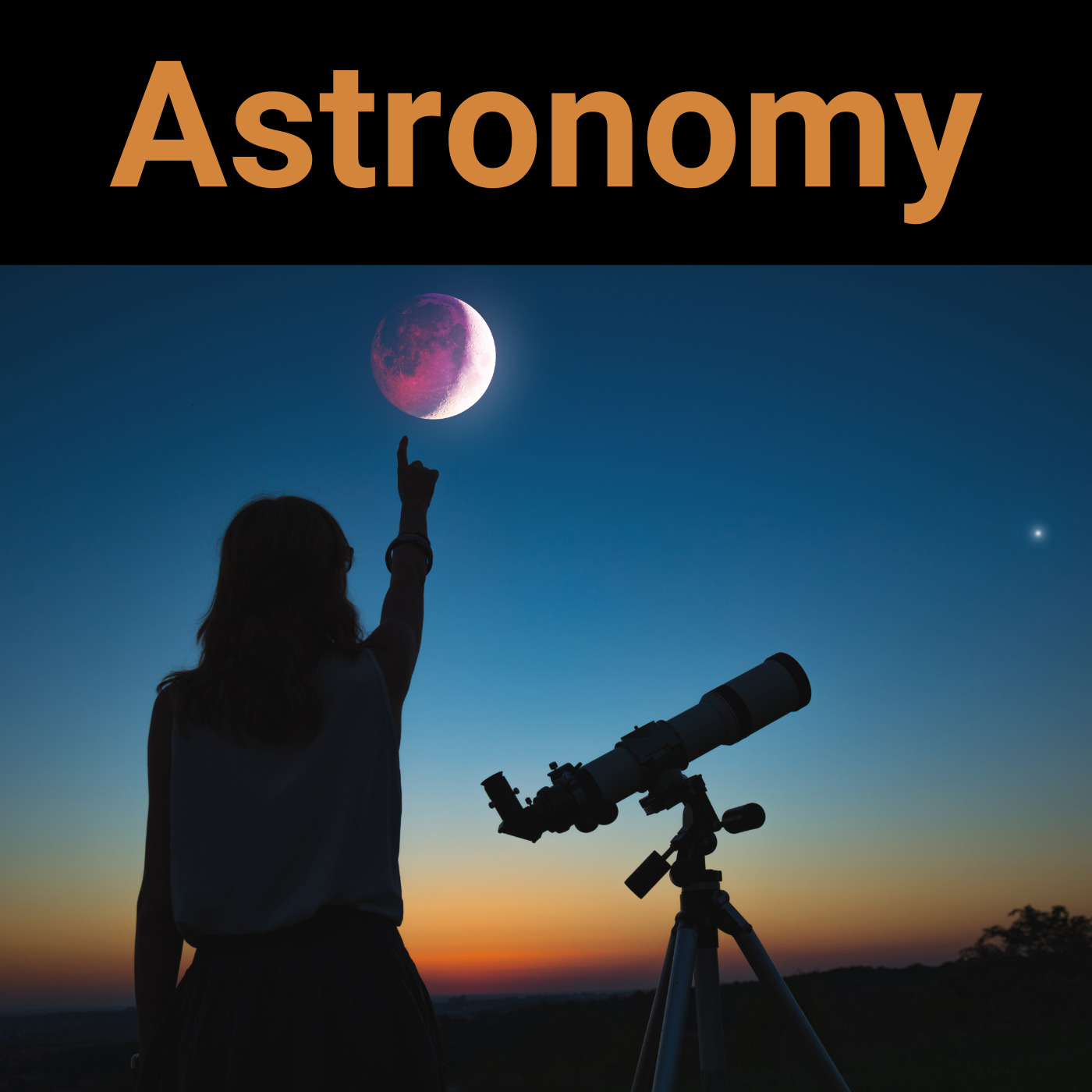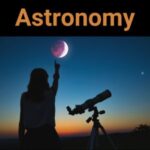
In today’s podcast, you’ll learn vocabulary, expressions and idioms on the topic of astronomy. We have no hesitation in saying that this episode will be “out of this world”!
Voice message from Dayana from Ecuador ‘A setback is part of going forward’
Astronomy
Astrology and the 12 signs of the Zodiac: https://inglespodcast.com/540
Astronomy is the scientific study of celestial bodies such as stars, planets, comets, and galaxies and the universe as a whole.
Have you ever been interested in astronomy?
Some vocabulary
Stargazing – Looking at space to study the stars and other objects in space
Supernova – A powerful and luminous stellar explosion.
Black Hole – A region in space where the gravitational pull is so strong that nothing, not even light, can escape.
Nebula – A cloud of gas and dust in space, often a region where new stars are born.
Asteroid Belt – A region between Mars and Jupiter where the majority of the solar system’s asteroids are found.
Dark Matter – A form of matter that does not emit or interact with electromagnetic radiation like ordinary matter, yet makes up most of the universe’s mass.
Dark Energy – A mysterious force that is driving the accelerated expansion of the universe. It remains one of the biggest mysteries in modern physics.
Hubble Constant – A measure of the rate at which the universe is expanding.
Solar Flare – A sudden eruption of energy from the Sun, often associated with a coronal mass ejection.
Space-Time Continuum – The four-dimensional continuum in which all objects are located, including time and three dimensions of space.
Astrobiology – The study of life in the universe, including the search for extraterrestrial life.
Do you believe in the possibility of extraterrestrial life?
Pulsar – A highly magnetized, rotating neutron star that emits beams of radiation.
Lunar eclipse = Earth blocks sunlight from reaching the Moon.
Solar eclipse = Moon blocks sunlight from reaching the Earth.
Fun Facts
There are 24 hours in a day because that’s how long Earth takes to complete one full rotation on its axis.
A year is about 365 days because that’s how long Earth takes to orbit the Sun once.
The Moon orbits the Earth approximately once every 27.3 days.
The Sun is a star, just like the ones we see in the night sky—but much closer.
The Earth orbits the Sun, not the other way around (this was a major discovery in history!).
There are 8 planets in our solar system: Mercury, Venus, Earth, Mars, Jupiter, Saturn, Uranus, and Neptune. (Pluto is not a planet anymore; it was reclassified as a “dwarf planet” in 2006.)
We have seasons because Earth’s axis is tilted as it orbits the Sun.
The Moon causes tides on Earth due to its gravitational pull.
Light from the Sun takes about 8 minutes to reach Earth.
Idioms
Shoot/Reach for the stars – To set high goals or aim for something ambitious.
Under the stars – In the open air, usually referring to being outside at night.
Over the moon – Extremely happy or excited.
To have your head in the clouds – To be unaware of the reality of things
Not rocket science – Something that is not very difficult to understand.
Starry-eyed – Naively optimistic or idealistic.
Discussion
Should we invest more in space exploration when there are pressing issues on Earth, like poverty and climate change?
Is it a justifiable use of resources that multi-millionaires who know virtually nothing about space should visit it rather than have only expert scientists explore it?
Is it wise for countries to leave space exploration in the hands of a handful of private companies and even subsidise them with taxpayers’ money?
…and now it’s your turn to practise your English. What would you like us to talk about in a future episode? Send us your ideas.
Send us a voice message. https://www.speakpipe.com/inglespodcast
Send us an email with a comment or question to [email protected] or [email protected]
If you’re a Spanish speaker and you want to improve your English with free and paid resources, visit the mansioningles website at mansioningles.com and for paid products you can browse the online store at https://store.mansioningles.net/
Thank you to our Patreon supporters. Join our Patreon program and you get instant access to the transcriptions of this podcast and live Zoom chats so that you can practice speaking. https://www.patreon.com/inglespodcast
Welcome to our new Patreon supporters who have joined us this month:
Pablo Albert
Ana Ibarra
David Almarcha Fernandez
Isabel Vasallo
Jose De Santos
Denise from Greece
If you enjoyed this podcast, please tell your friends.
The music in this podcast is by Pitx. The track is called ‘See You Later’




